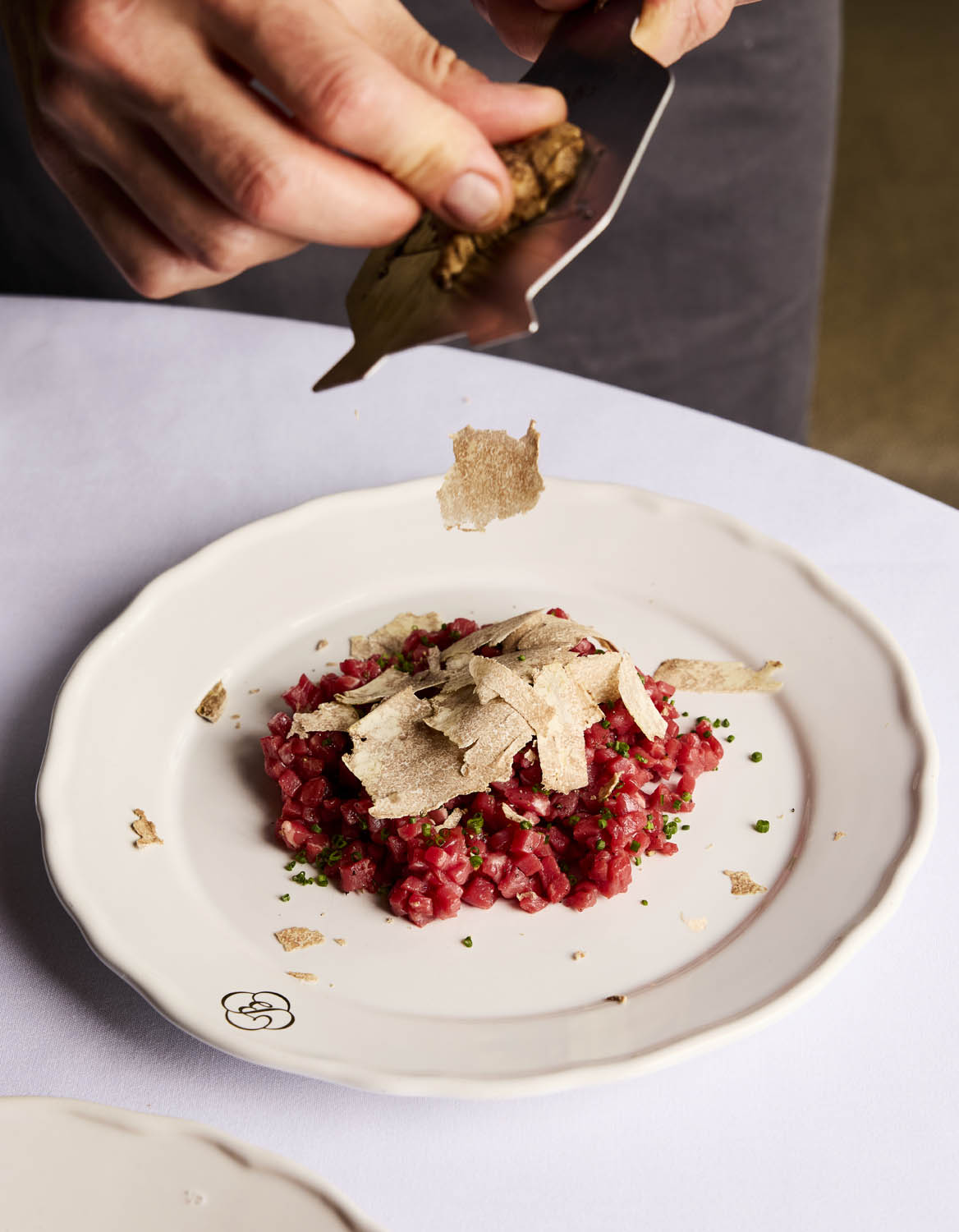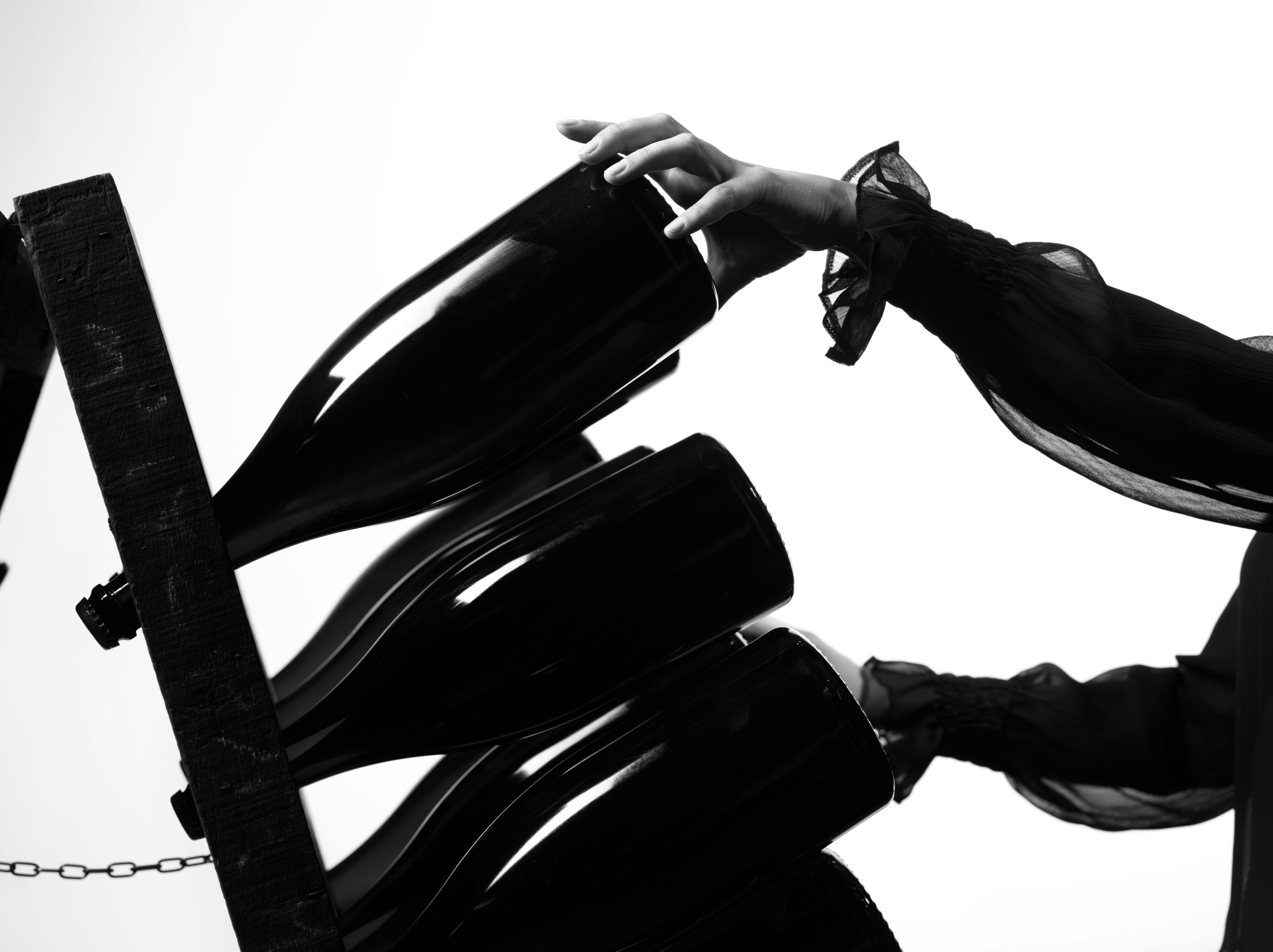The best low-calorie beers of 2023
Beer often gets a bad rap for derailing weight-loss plans, but a new breed of beers that contain fewer than 100 calories, has been created.

If you want to enjoy the taste of beer, without disrupting your fitness goals, this variety of beers shortlisted by Men’s Fitness, may be of use to you. Here’s the pick of the best low-calorie options available for 2023:
Tennent’s Light
Certainly considered by many to be one of the best low-calorie beers in the UK. Made from Scottish-grown cereals and fresh highland water from Loch Katrine, Tennent’s Light is just 60 calories per bottle.
Price: £14 for 12 (not available in the US)
SkinnyBrands Premium Lager
Considered to be a rising star in the world of low-calorie beer, SkinnyBrands Lager is 4% ABV and yet weighs in at just 89 calories. It is also crisp, refreshing and vegan-friendly and gluten-free.
Price: £15.50 for 12 (available in the US via Studio Beverage Group)
Bud Light
Bud Light is a big name in the low-calorie beer market. It is a product of a beechwood ageing process that delivers a light, smooth taste with a hint of sweetness and comes in at just 80 calories.
Price: US$10.98 / £12.50 for 18
Brewdog Lightspeed Hazy IPA
This beer has a lot of juicy resinous flavours at the fore, with floral notes to finish. It’s a 4% ABV hazy pale ale and yet just 95 calories per can.
Price: US$10.99 for 6 / £15.95 for 12
Drynks Smashed Lager
Drynks is a relatively new company dedicated to brewing alcohol-free beers and ciders. Its Smashed AF range includes a 0% ABV pale ale, cider, berry cider and shandy. The lager is crisp and clean with hints of barley malt, a floral aroma and a gentle hoppy bitterness. Additionally, it is just 55 calories per can or bottle.
Price: £24 for 12 (not available in the US)
Prime Time Classic Lager
Prime Time Lager is just 95 calories and has just 4g of carbs per 330ml. As well as the classic version there’s also a caffeine-infused variety with 50mg of caffeine (equivalent to half a cup of coffee) Both are 4.2% ABV and are gluten free and vegan-friendly.
Price: £26 for 12 (not available in the US)
Partner Content
Small Beer Session Pale
Brewed using the historic ‘small beer’ method – the Session Pale comes in at an impressive 85 calories per 350ml bottle, with tropical notes and a hoppy finish. Each can contains just 95.7 calories, at a very ‘sessionable’ 2.6% ABV.
Price: £15.95 for 6 (not available in the US)
Small Beer Hazy IPA
Big and fruity in flavour, this beer has apricot and mango notes and is bursting with juiciness. The beer is also vegan-friendly.
Price: £14.25 for 6 (not available in the US)
Adnams Ghost Ship 0.5%
A refreshing, tangy citrus ale with all the alcohol smuggled away. It may only come in the larger 500ml bottles, but it still equates to just 70 calories per 330ml.
Price: £14.49 for 8 (not available in the US)
Marston’s Resolution
A 4.7% ABV beer that is one of the lowest-calorie (88), lowest-carb ales on the market, Some achievement at that ABV too.
Price: £21 for 24 (not available in the US)
Lucky Saint
An alcohol-free lager that is positioned to be a German-style pilsner. With a subtly malty taste and satisfying crispness, it comes in at just 0.5% ABV and with a mere 53 calories.
Price: £26 for 12 (not available in the US)
San Miguel 0.0
A 0.0% ABV lager that has a crisp, clean finish. It also has just 79 calories (almost half that of the alcoholic version).
Price: £4 for 4 (not available in the US)
Ever wanted a go-to list of 10 flavoursome beers that won’t affect your fitness and weight loss goals? Here’s another top 10 of brews that won’t expand your waistline.
Related news
Are we about to see more British booze in South Korea?
WSET's Simon McMurtrie: 'I hope to be an enthusiastic cheerleader'




